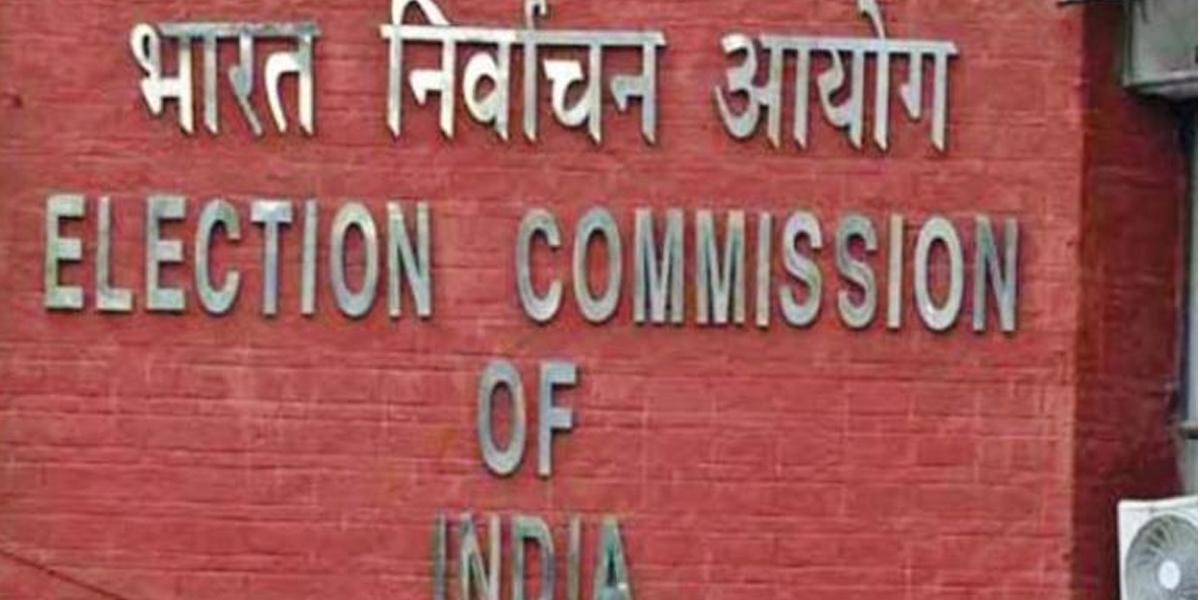Live
- Globus Spirits Limited introduces India Single Malt under the brand DŌAAB India Craft Whisky
- BGT 2024-25: No greater honour to lead India in Test cricket, says Bumrah ahead of series opener
- NMO Bharat calls for apology from Rahul Gandhi over ageist remarks about Joe Biden
- Centre blocks 17,000 WhatsApp accounts of hackers from South-East Asia
- Learn from Mumbai hoarding collapse, Calcutta HC tells Bengal municipal corporation
- Russian Spokesperson Instructed to Stay Silent on ICBM Strike During Press Conference: Viral Video
- Intellipaat Sets New Benchmark with First-of-its-kind Physical Labs for Electric Vehicle Training in Chennai and Pune
- Google Gemini AI Introduces Memory Feature Like ChatGPT: How It Enhances Personalized Interactions
- Latur beneficiaries get affordable houses under PMAY, thanks Modi govt
- Rajasthan HC quashes FIR against Shilpa Shetty under SC/ST Act









